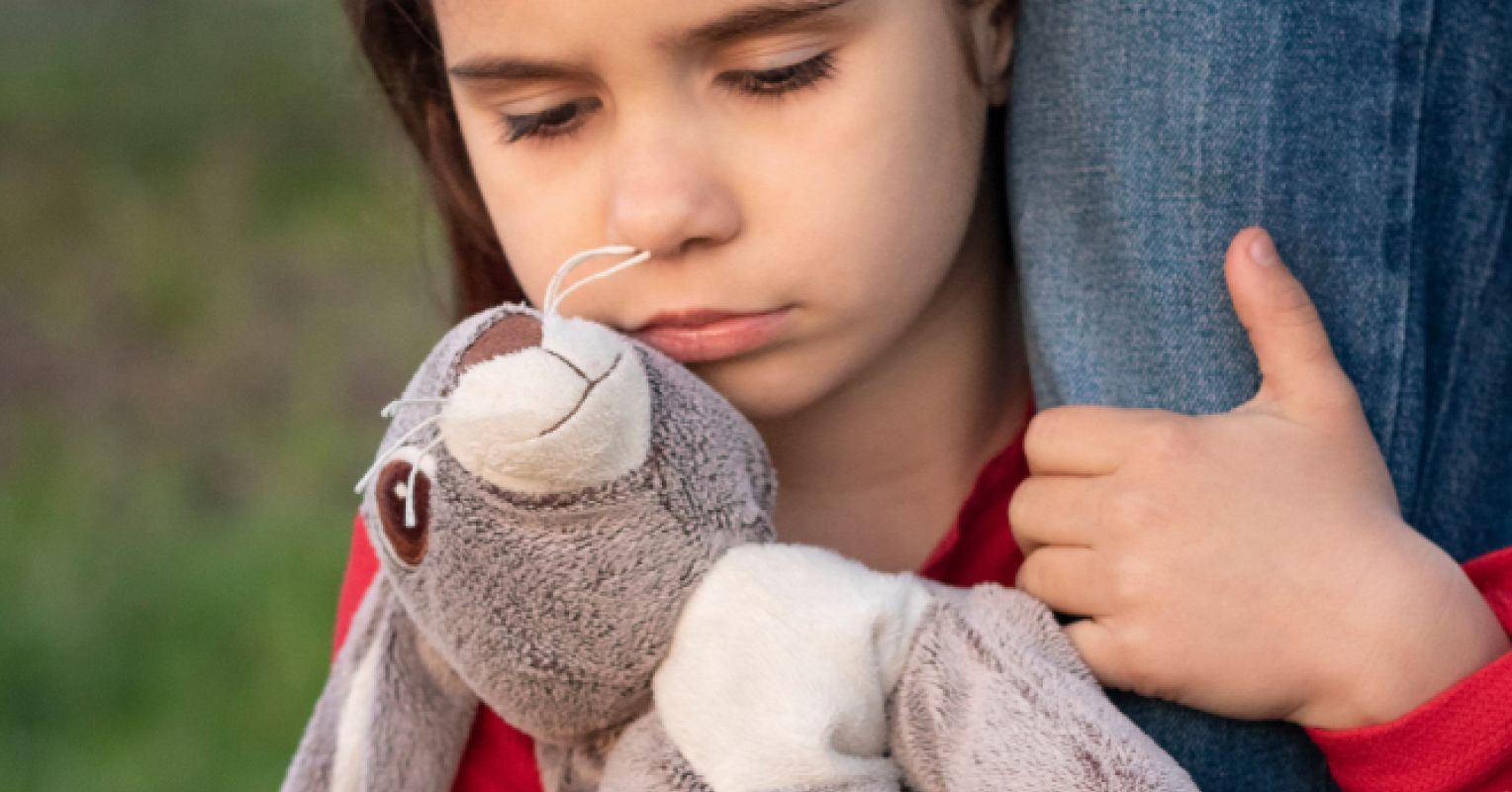
"In this day and age of "gentle parenting," moms and dads have gotten the message that when it comes to respecting and helping kids manage their feelings, more is always better. But in practice, what I am finding is that this approach is not what's most helpful to kids, that it's not leading to working through their feelings and reducing anxiety, it's getting them stuck in their feelings and increasing distress and anxiety."
"A mom and dad sought my consultation because they were concerned about the intense anxiety their five-year-old daughter was experiencing when separated from them. She is a deeply feeling child who can stuck when she has a big worry or is feeling sad. She ruminates and has a hard time paying attention to anything else. These parents had divorced when their child was two-and-a-half. Their separation was amicable. They get along well and coparent collaboratively."
Respecting and validating children's feelings is essential when addressing separation anxiety, but excessive focus on feelings can worsen rumination and distress. Overemphasis on talking about emotions can keep deeply feeling children stuck in sorrow and worry rather than helping them move forward. Parents should validate feelings while also offering guidance to shift attention and engage in coping strategies. Coparenting collaboration and consistent boundaries help children learn to tolerate separations. Practical approaches combine empathy with gentle redirection, teaching children to acknowledge emotions briefly and then reengage with activities to reduce persistent anxiety and rumination.
Read at Psychology Today
Unable to calculate read time
Collection
[
|
...
]